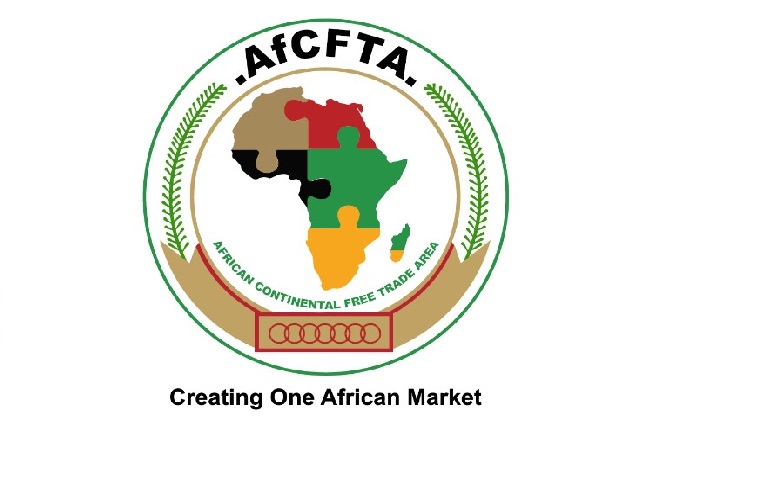Topic Resources
Honourable Ministers;
AfCFTA Secretary General;
Senior Trade Officials;
AUC Colleagues.
Good afternoon.
Agenda 2063 is Africa’s development blueprint to achieve inclusive and sustainable socio-economic development over a 50-year period.
Supply Chain Management Division Operations Support Services Directorate
Addis Ababa, Ethiopia












